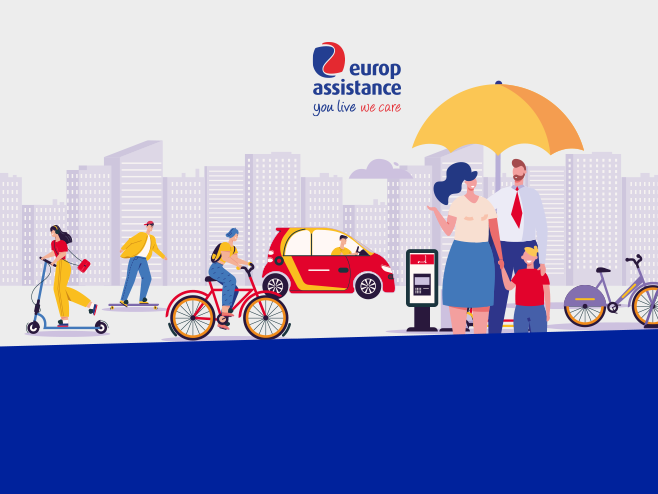Environmental management system of Group Operations
In order to meet our commitments to the environment and climate, in 2009 we developed the Group Environmental Management System (EMS) inspired by the principles of the ISO:14001 standard.
Within our EMS, we assess the impacts arising from the Group operations like the impact of buildings, data centers and the personnel mobility.
The most relevant environmental aspects on which we focus the monitoring of our performances and the interventions for their improvements are:
- the management of company sites, aiming at the optimisation of spaces through the consolidation of smaller offices into larger sites, the reduction of energy consumption and the use of natural resources like paper, as well as the curbing of waste production and its correct disposal;
- the management of data center, with the goal to decarbonize them;
- the management of mobility involves the reduction of business trips through greater recourse to smartworking and training via e-learning. We also prioritise the use of public transport to reduce the use of private vehicles while we are gradually electrifying the company car fleet with hybrid and electric vehicles.
Our EMS comprises around 97 Group company sites and many local offices within our sales networks, covering the 100% of Generali’s employees, , under operational control. The monitoring of environmental performance is subject to internal and independent third party audits: more information on the verification activities can be found in the Independent Auditors' Report on the Consolidated Non-Financial Statement in the Annual Integrated Report.
In terms of geography, our EMS measures 25 countries and organizational units in which the majority of Group personnel are concentrated: Argentina, Austria, Banca Generali, Bulgaria, Chile, Croatia, Czech Republic, Europ Assistance, France, Germany, Greece, Hungary, India, Ireland, Italy, Malaysia, Poland, Portugal, Romania, Slovakia, Slovenia, Serbia, Spain, Switzerland, and the UK but our commitment to improving environmental performances is global and regards all of the countries in which we are present.



